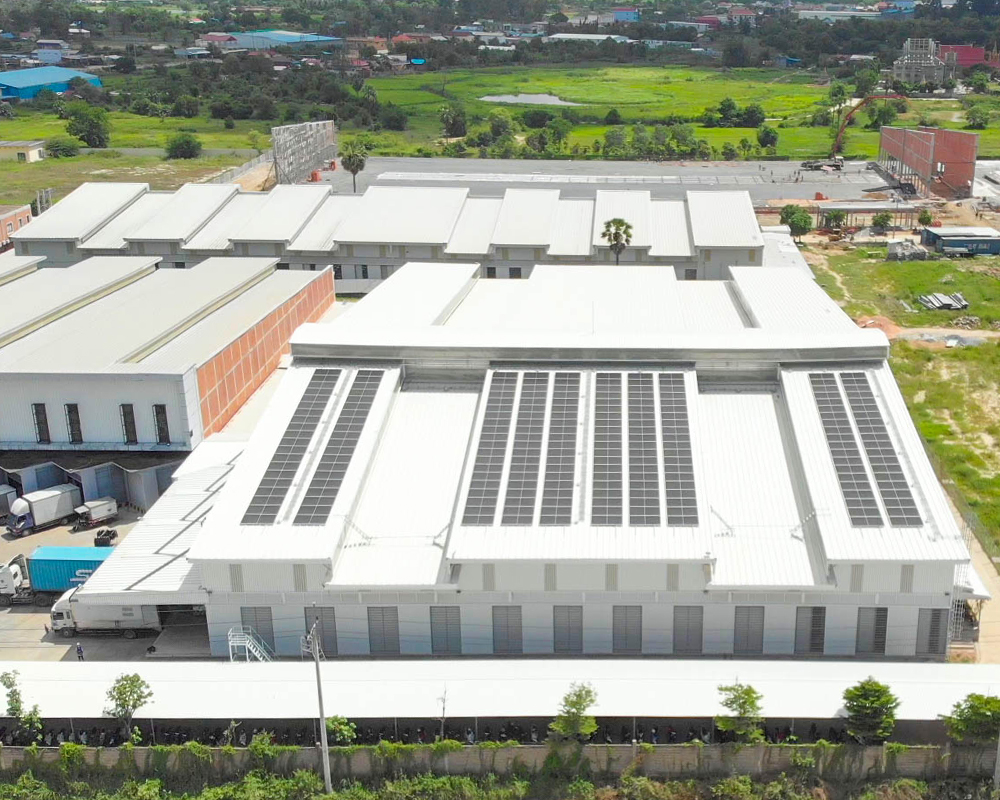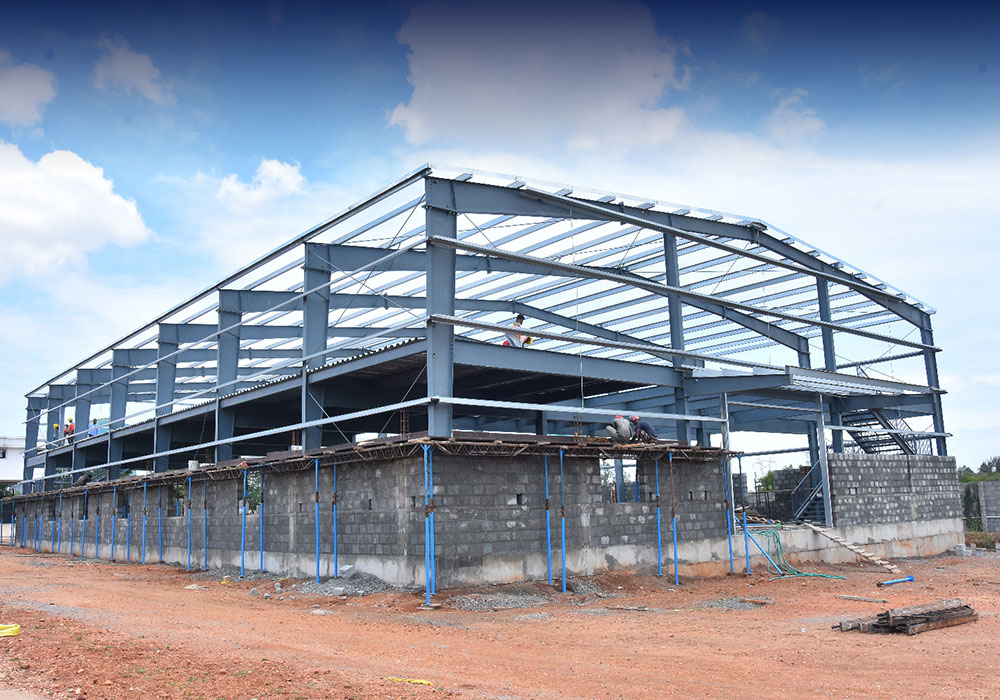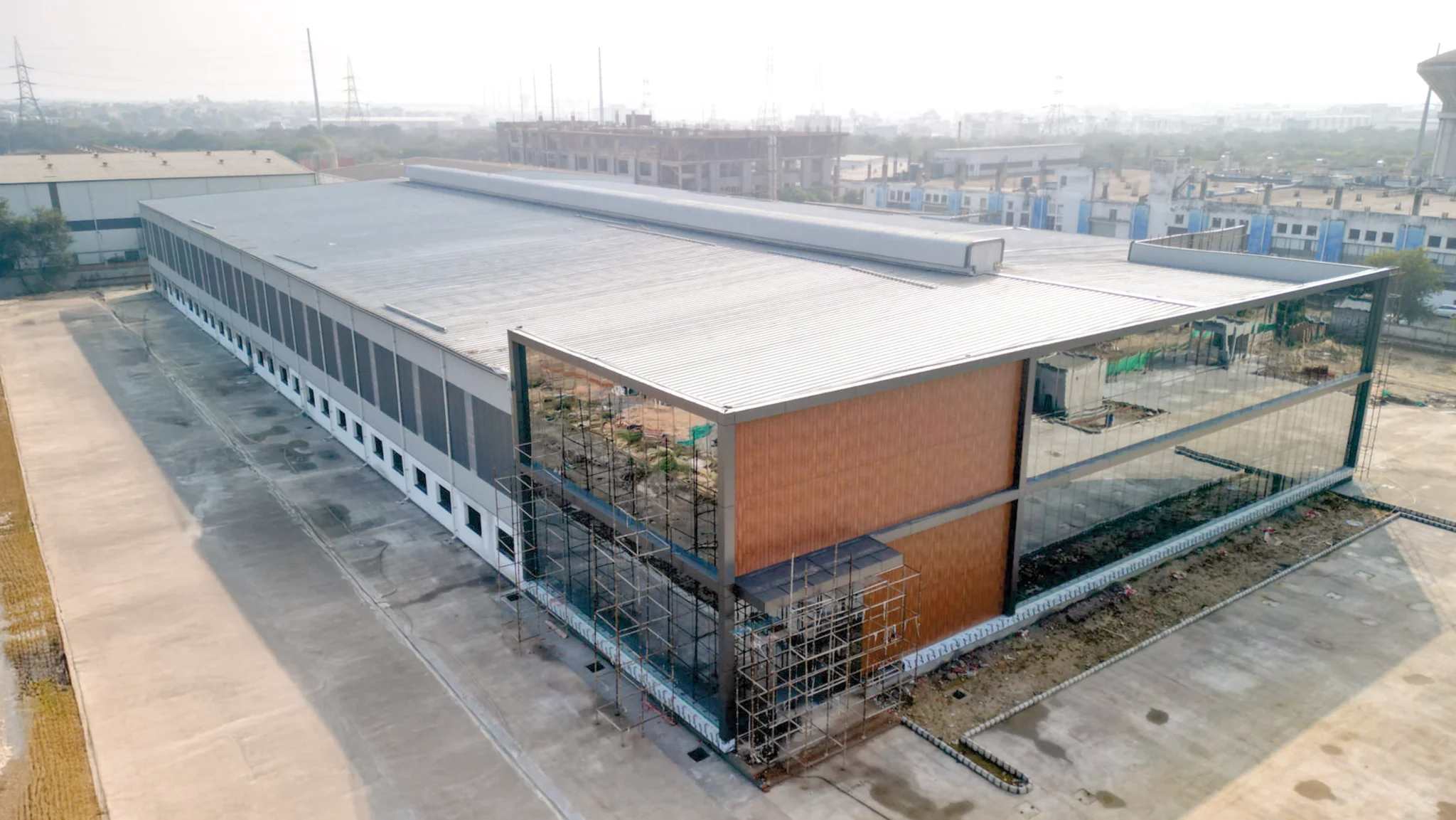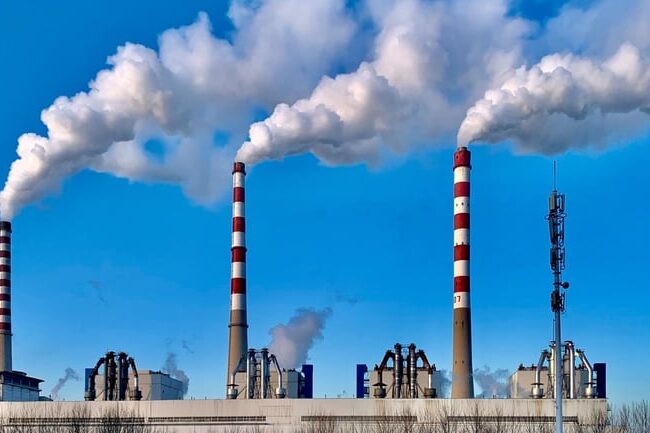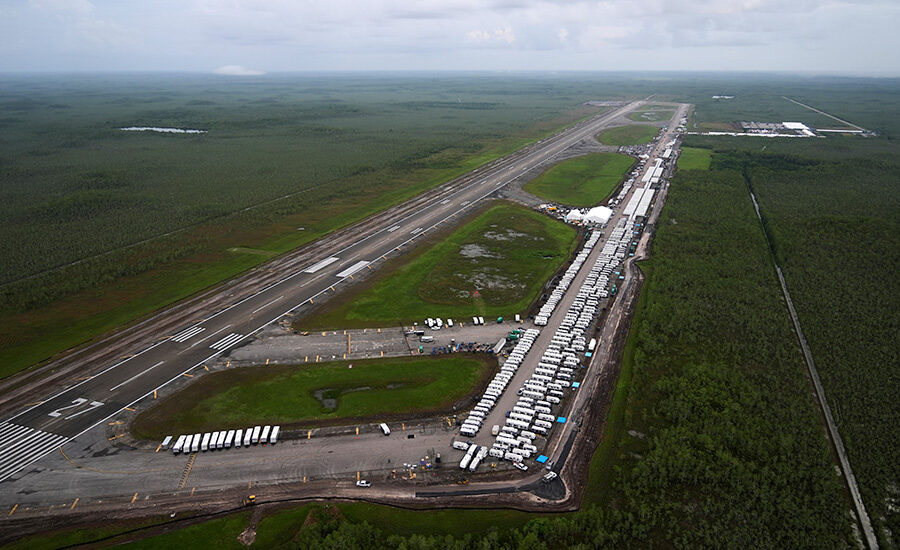
Florida Plans Second ‘Alligator Alcatraz,’ But Lawsuits Are in Motion
[ad_1]

The Trump administration and Florida’s governor have both touted in recent events a hastily built detention facility for arrested undocumented workers on federal land in the Florida Everglades, but opponents on June 27 filed an emergency motion to halt continued site use and development that they say will cause irreparable harm to surrounding environmentally sensitive areas.
The facility, dubbed by the administration as “Alligator Alcatraz,” is located about 37 miles west of Miami at the site of the former Dade-Collier Training and Transition Airport, which was used for government training until it closed in the late 1960s, leaving a runway in place.
Florida Gov. Ron DeSantis (R) has championed the new facility, telling media at a July 1 briefing that it was built in eight days, will have capacity for more than 3,000 occupants and features more than 200 security cameras, 28,000-plus ft of barbed wire and 400 security personnel. Detainees will be housed in repurposed Federal Emergency Management Agency trailers and “soft-sided temporary facilities,” a U.S. Dept. of Homeland Security official told CNN.
DeSantis said the facility’s construction and one-year operation is expected to cost Florida an estimated $450 million, but he said that the state would request reimbursement from FEMA.”
ICE had more than 56,000 people in detention as of mid-June, said Bloomberg in an analysis of federal data, but the agency is only funded to hold about 41,500.
Emergency Qualified
Kevin Guthrie, head of Florida’s emergency-management division, said contractors hired so far were already prequalified to work in emergency services. DeSantis and state officials did not go through state bidding and environmental review requirements by citing a 2023 emergency order he declared in response to Cuban and Haitian migrants arriving by boat in the Florida Keys. The governor has since extended that immigration emergency order several times.
Among site contractors identified is SLSCO Ltd., a Galveston, Texas-based construction firm that built parts of the first Trump administration’s border wall in three states and has recently been bidding on new barrier contracts. According to Florida government website data compiled by the Miami Herald, SLSCO has been awarded other Florida work valued at up to $17.7 million. The company did not respond to ENR by story posting time on July 8.
Other firms named as winning contracts include Garner Environmental Services, a disaster-relief company; Deployed Resources, a logistics firm; CDR Maguire, a healthcare services provider; security contractor Gardaworld and a portable toilet provider. Also, generators and lifts rented by contractors from rental company Sunbelt Rentals were visible at the July 1 press conference. Guthrie said that as built, the facility can withstand a category 2 hurricane and could be evacuated quickly in the event of a storm. DeSantis told reporters the facility would not expand beyond the footprint of the original airport but that the state plans a second detention center at Camp Blanding, a Florida National Guard base near Jacksonville. Gardaworld previously was contracted to build a similar shelter in Chicago before the state blocked it.
Challenges Mount
Meanwhile, in a lawsuit now proceeding in federal district court in Miami, challengers Friends of the Everglades, represented by Earthjustice and the Center for Biological Diversity, are suing Homeland Security, U.S. Immigration and Customs Enforcement (ICE), the Florida emergency management agency and Miami-Dade County.
The groups say state officials assembled the site without necessary environmental reviews or opportunity for public input. “This scheme is not only cruel, it threatens the Everglades ecosystem that state and federal taxpayers have spent billions to protect,” said Eve Samples, executive director of Friends of the Everglades in a statement, including extensive U.S. Army Corps of Engineers work. Opponents also have disputed the facility’s hurricane protection capacity.
The U.S. Justice Dept. said in a June 30 response that the lawsuit is not “ripe” for review and that it is “impermissibly indefinite and fails to specify the acts the county would have to take to comply.” In Miami-Dade’s response to the temporary restraining order request, County Attorney Geraldine Bonzon-Keenan said Gov. DeSantis “is expressly authorized” to use state and local resources “as reasonably necessary to cope with the emergency.”
The Miccosukee Tribe of Indians is opposed to the proposed facility, citing impacts to sensitive areas and its communities, tribe Chair Talbert Cypress said in a prepared statement. “We have reached out to both the DeSantis and Trump administrations to determine a path forward,” he said.
[ad_2]
Source link
Post a Comment
You must be logged in to post a comment.



